Yevgeny Prigozhin may stay free, but only to be Vladimir Putin’s scapegoat
By announcing that Prigozhin and his mercenaries were on his payroll, Putin ensured he’ll be regarded as an enabler of state terrorism.
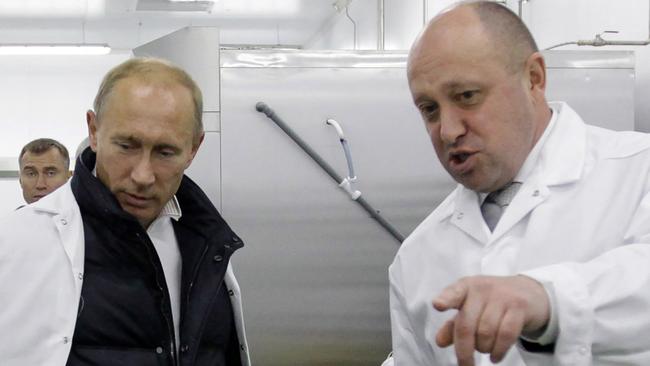
For President Putin, Yevgeny Prigozhin is a man with no name. He has studiously avoided mentioning the head of the Wagner group in his public addresses since the mutiny.
Conclusion: Prigozhin’s banishment is in full swing. Moscow’s hope is that exile in Belarus will see him muzzled.
But the Kremlin game to shield Putin from charges of feeble government and military incompetence has some moves left to play. He is not yet out of the danger zone.
It took many by surprise when Putin admitted that the Russian state had financed Prigozhin’s ventures: $1 billion for Wagner from May 2022 to May 2023, with a further $1.3 billion in insurance payments, and another $800 million to Prigozhin’s catering company for feeding the army.
That was a risky admission. Until now, there has been a public separation between the financing of the regular army and the security mission outsourced to the Wagner group.
Prigozhin paid his soldiers generously, and offered families a death-in-service bonus. Petty looting did not pay those bills. He was completely dependent on the support of the Russian state, and when the ammunition he needed did not turn up at the front line, he fiercely denounced the army hierarchy.
By unveiling the figures, Putin wanted to demonstrate he had not let down the mercenaries; that he had been picking up the bill for their blood spilled in Bakhmut. That was an explanation of sorts as to why he had merely exiled Prigozhin.
But the move has real legal jeopardy for the president. He has in essence admitted that the mercenaries – who have repeatedly committed atrocities – were an integral part of the regular army. They will be in the sights of war crimes investigators. By announcing that they were on his payroll, Putin has ensured that he too will be regarded as an enabler of atrocities and state terrorism.
He has taken some precautions. He has left open the possibility of Prigozhin’s men having acted without his knowledge, saying: “I hope nobody stole anything, or didn’t steal much, but we’ll sort this out”.
Any peace talks will involve that trickiest of questions: war crimes.
If Putin allows his butcher of Bakhmut to stay free, it will be to serve as one of the war’s scapegoats, the face of a dirty war.
The Times

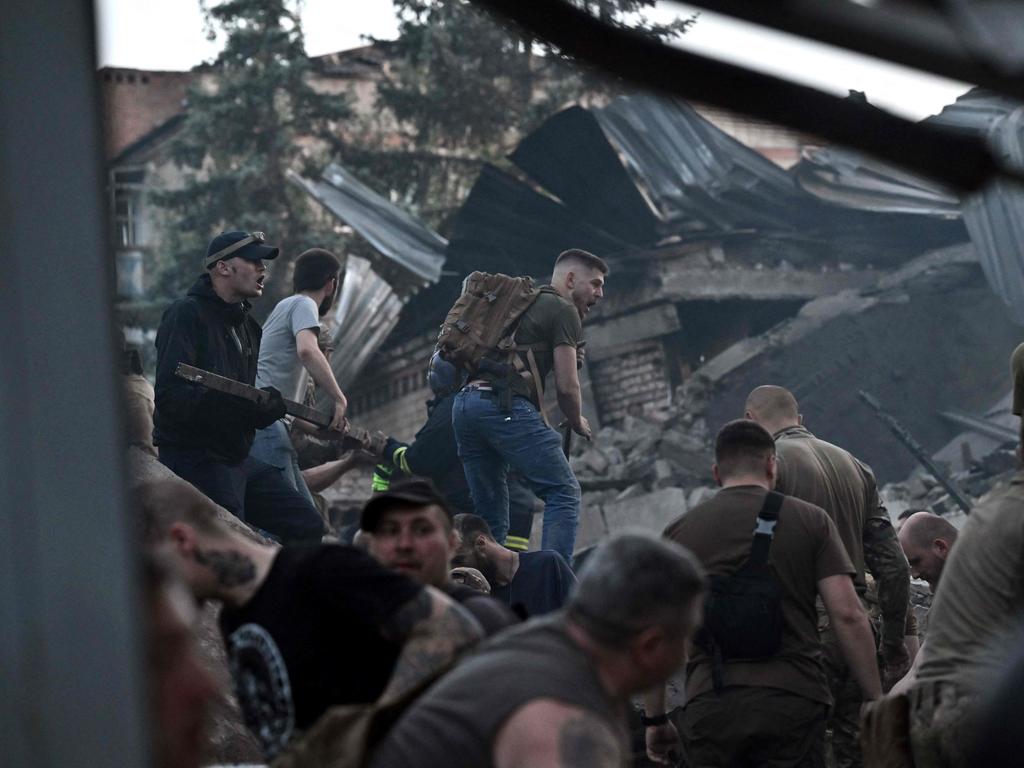
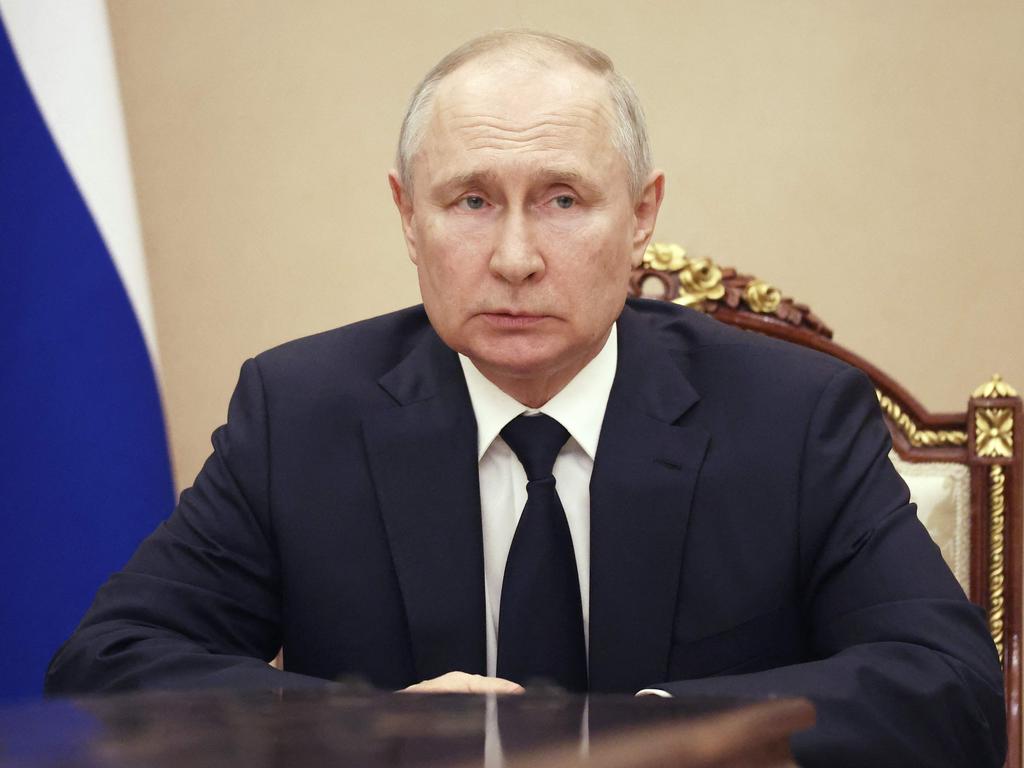


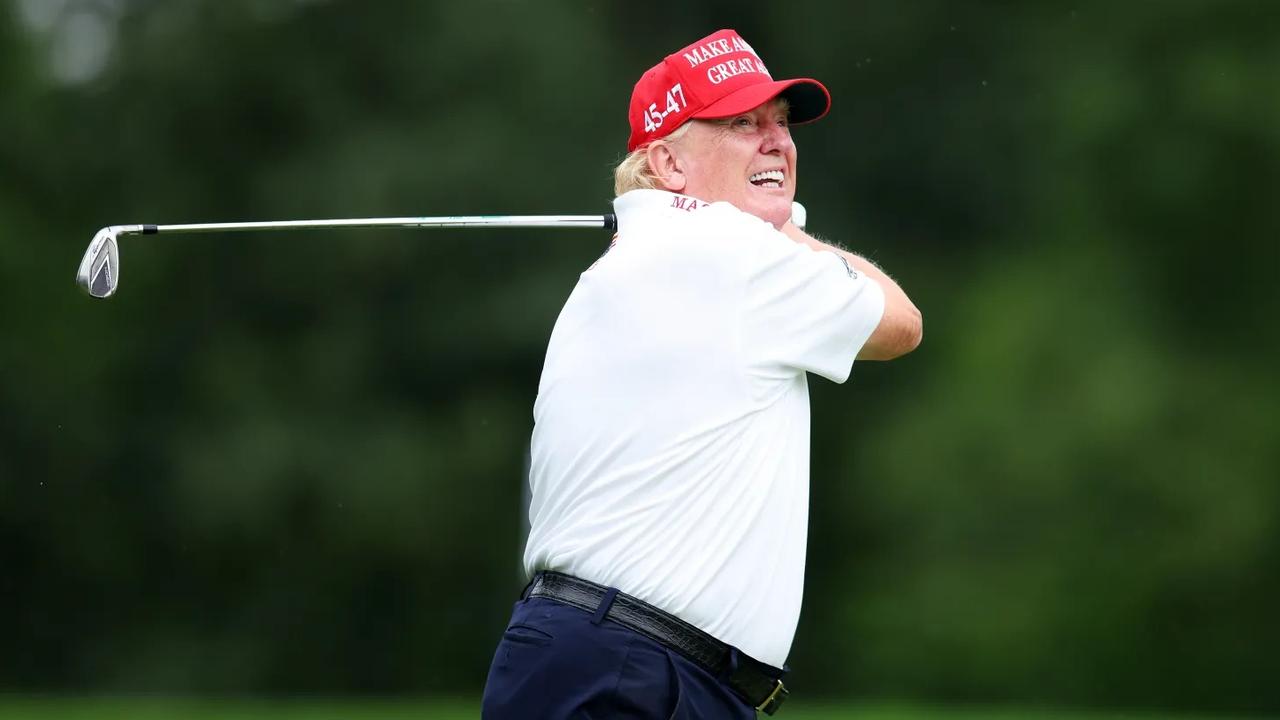
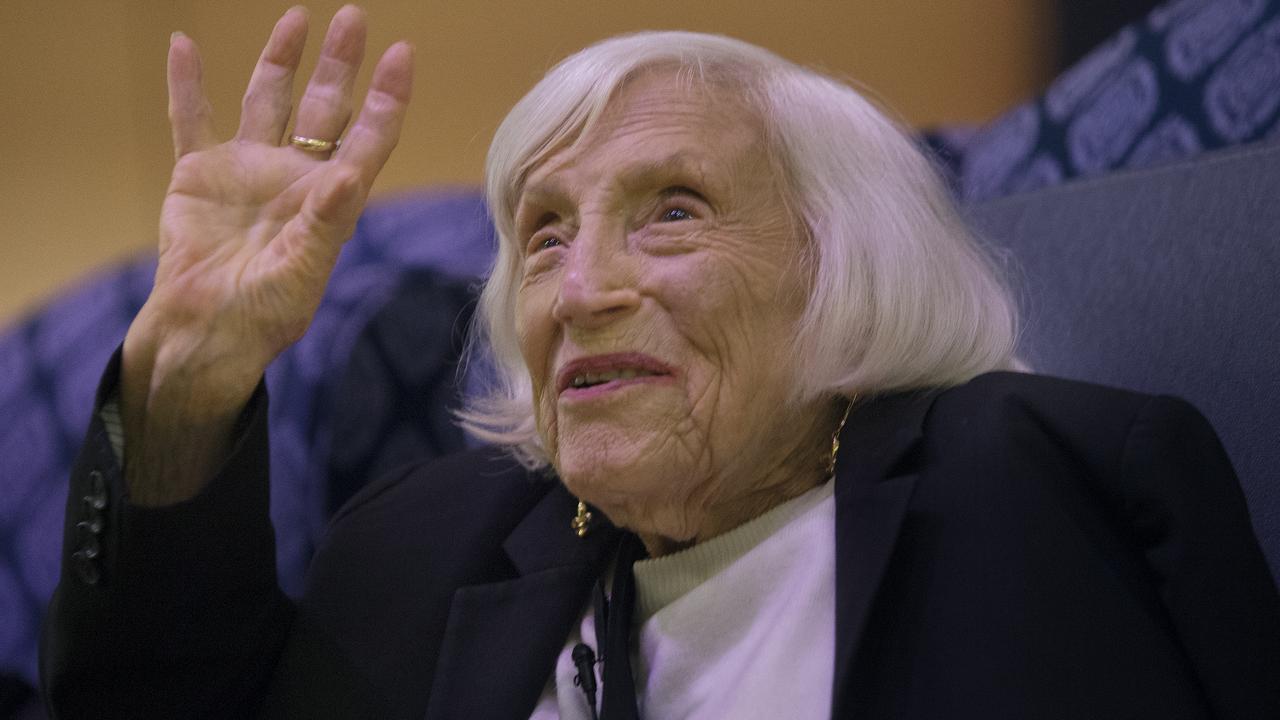
To join the conversation, please log in. Don't have an account? Register
Join the conversation, you are commenting as Logout